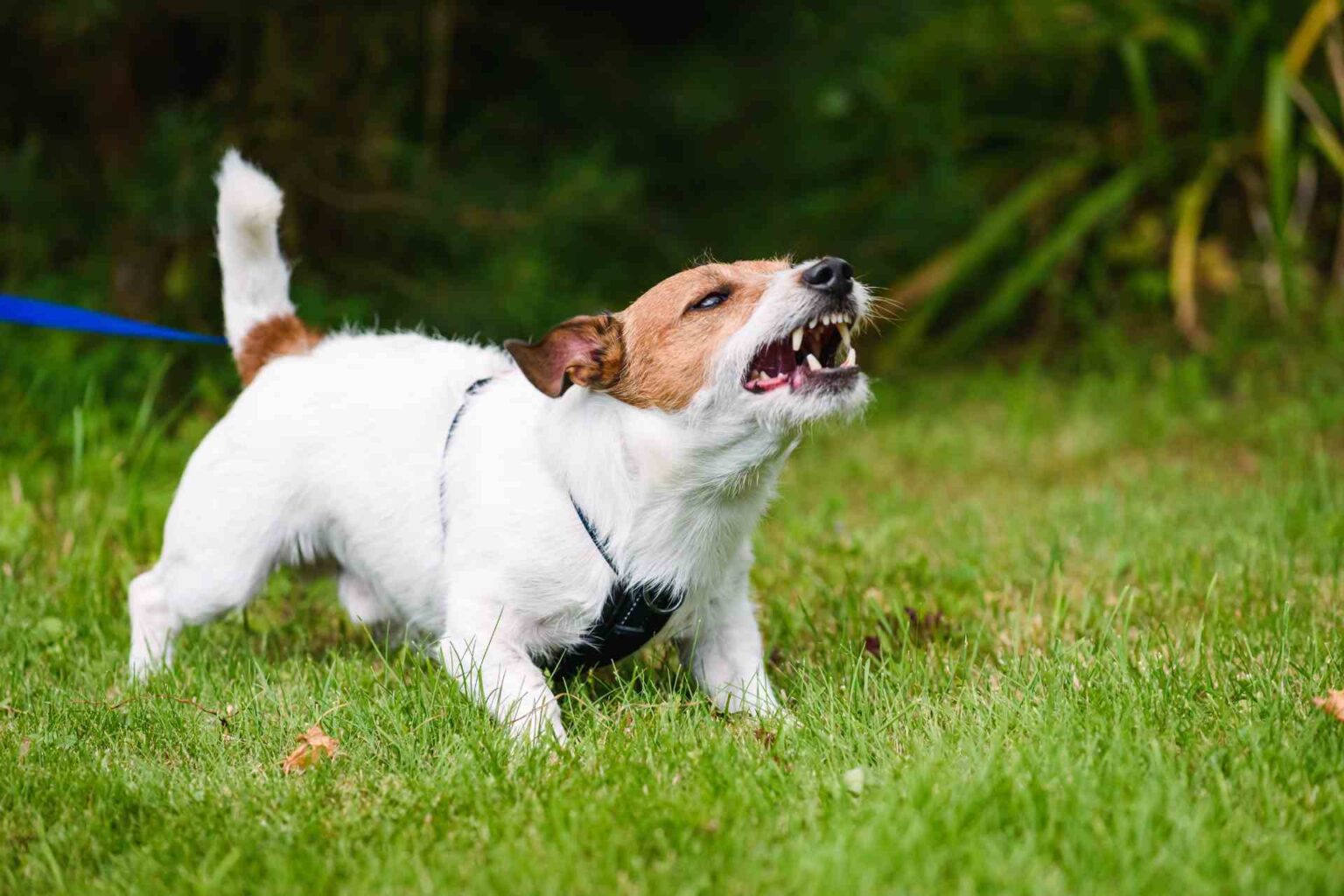As in humans, aging in dogs brings with it a decline in cognitive function, with a progressive reduction in learning ability, memory, attention, executive skills, social responsiveness and curiosity about novelty.
As in humans, the consequences of aging on cognitive faculties in dogs assume a different weight from one subject to another: in fact, there are animals that age without the decay of neurobehavioral faculties interfering with their daily activities and others that show behavioral alterations, cognitive disorders, and dementia comparable to the signs of human Alzheimer’s.
In most cases, however, studies on the neuropathological consequences of advanced age have been conducted in the laboratory, that is, on dogs bred under special conditions, and only recently has this aspect begun to be investigated in the pet dogs, living in the same environment as humans and sharing their habits, with the cognitive stimuli that this entails.
It is now believed that pet dogs in particular represent the most suitable model for studying the neurological decline that accompanies aging and identifying appropriate countermeasures.
Indeed, it was on a group of pet dogs that a University of Vienna study was conducted, published in PLoS ONE, with the aim of evaluating the effects of a specially enriched diet and continuous training on behavioral changes that occur with aging.
Enriched diet and training do not slow cognitive decline
The double-blind, randomized controlled Austrian work involved 119 pet dogs of different breeds – average age 9.1 years, average weight 22 kg – who were subjected to a battery of cognitive tests and fed the same diet for one year.
The diet included rice, poultry and poultry derivatives, wheat, corn, corn gluten, liver hydrolysate, beet pulp, minerals, vitamins, wheat gluten, and psyllium; dogs were randomized into two groups: in one group antioxidants, DHA, phospholipids, and tryptophan were added to the rice (test diet), to the other not (control diet). After one year, the battery of cognitive tests was repeated.
To assess cognitive status, theVienna Canine Cognitive Battery (VCCB) questionnaire, also in a modified version (MVCCB), was used at the beginning of the study to measure attention, learning and memory, as well as theVienna Dog Personality Test (VIDO-PET) for personality.
After one year of dietary treatment, the MVCCB 2 questionnaire was applied to assess the effects of age, permanent training and diet on several parameters of behavior and cognitive decline. Instead, the training level of each animal was calculated using a questionnaire filled out by the owners.
Further study needed in the real world context
In contrast to the results of studies conducted on dogs in the laboratory, in the 94 dogs that completed the evaluation, the Austrian work recorded no effect of either the enriched diet or continuous training on age-related cognitive decline, which emerged for parameters such as executive skills, social responsiveness, resourcefulness and autonomy.
Basically, it is a confirmation that the role of diet and training as possible factors that can slow down cognitive decline from aging should be investigated especially in the real world context of the pet dog. And for this, as the authors point out, further studies are needed.
Source
Chapagain D, Wallis LJ, Range F, Affenzeller N, Serra J, Virányi Z. Behavioural and cognitive changes in aged pet dogs: No effects of an enriched diet and lifelong training. PLoS One. 2020;15(9):e0238517. Published 2020 Sep 16. https://doi.org/10.1371/journal.pone.0238517












